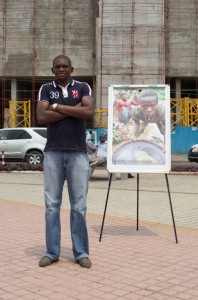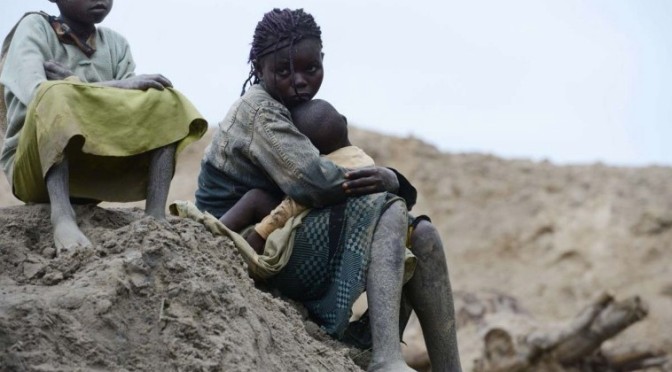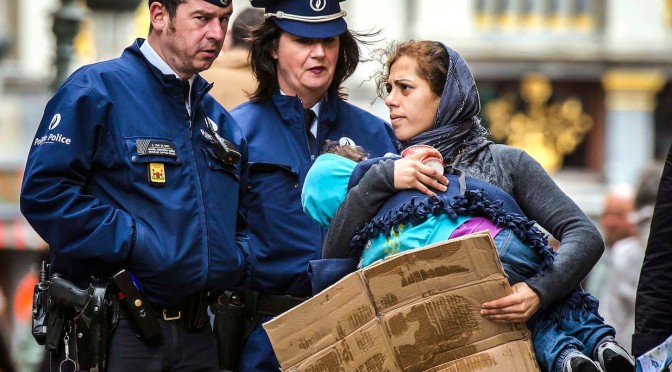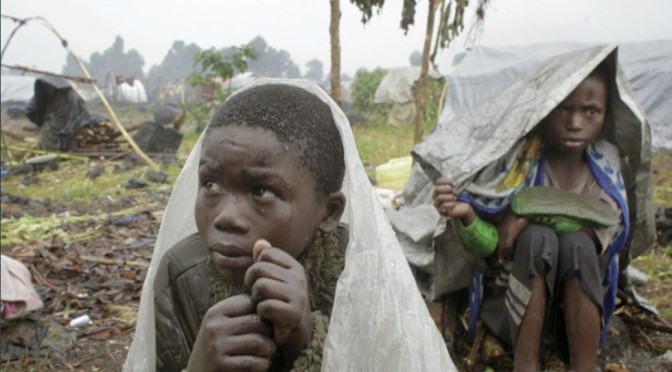From “Humans of New York” album: For many people in the US, the most common vision of Africa is the depictions of starving children which are wrenching but give a narrow view of that vast continent. Many think Africa is a country; many are surprised to hear African countries have cities, that people wear tee-shirts & blue jeans & not grass skirts, have rich cultures & immense artistic & cultural achievements. If American school kids were taught the truth about Africa they might begin to question the baloney that passes for Black history in the US. And that might give them a whole new take on news from Ferguson.
Neoliberal colonialism is advancing in African countries led by the US, Canada, India, China, Israel, France, the UK, & other regimes. They make devil’s deals with corrupt African regimes to outright steal natural resources & impoverish millions who are then forced to immigrate. AFRICOM is the NATO-like military apparatus set up by the US to force compliance with colonial plunder & it is already operational in several countries.
It seems certain the crescendoing alarmism about Islamic jihadism is the propaganda face of US military aggression not just in the Middle East but in Southeast Asia, & Africa. We need to inform ourselves so as not to be hoodwinked by stink tank lies.
This young immigrant in New York puts his finger on the problem with the pictures of starving babies because formerly whole generations of Blacks in the US only knew slavery as their history. If they had been taught about Nubia or any of the other great civilizations of Africa they wouldn’t have had to plow through life with racist impedimenta. Though even the ugly encumbrance of false history could not hold back the tsunami of the Civil Rights & Black Power Movements.
This young man from Kinshasa, Democratic Republic of Congo said; “We don’t like pictures like this. It is not good to deduce an entire country to the image of a person reaching out for food. It is not good for people to see us like this, and it is not good for us to see ourselves like this. This gives us no dignity. We don’t want to be shown as a country of people waiting for someone to bring us food. Congo has an incredible amount of farmland. An incredible amount of resources. Yes, we have a lot of problems. But food is not what we are reaching for. We need investment. We need the means to develop ourselves.”
(Photo by Brandon Stanton, founder of HONY)



